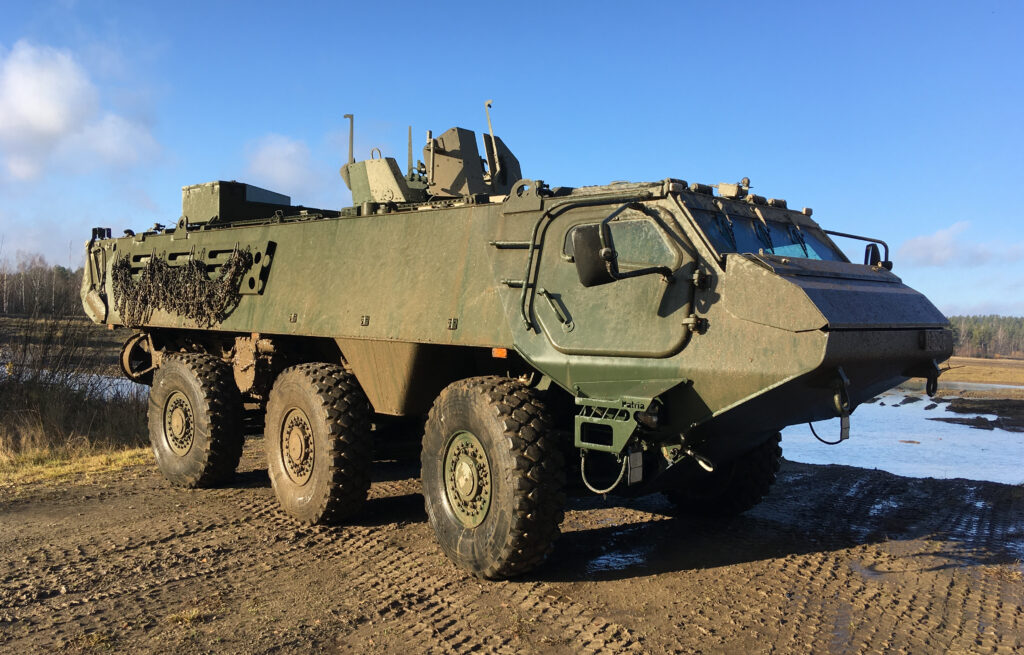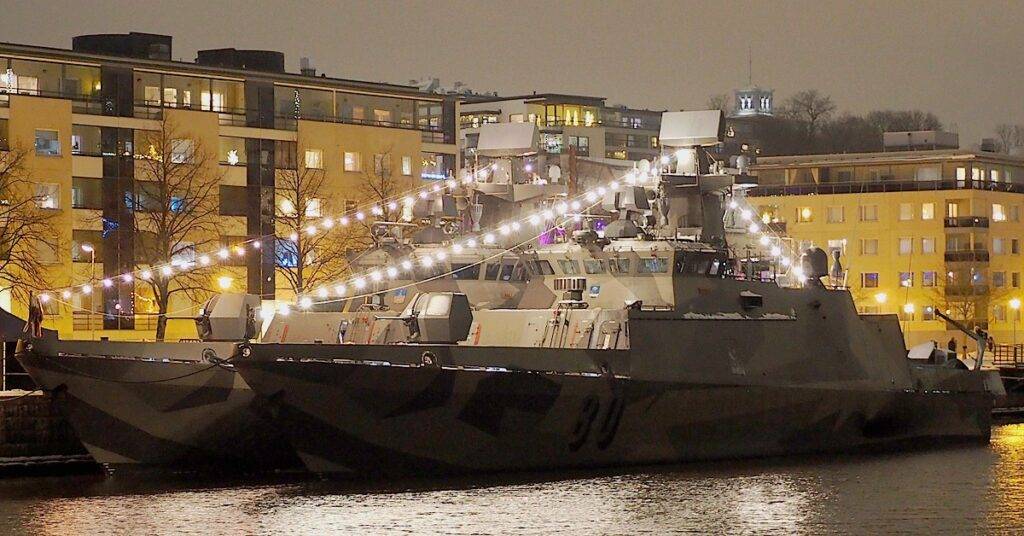For over a century, Western military forces have largely enforced strict grooming standards, particularly regarding beards. During the World War 1, chlorine and mustard gas attacks necessitated a clean-shaven face for effective gas mask seals. Now, both the British and Finnish army are revising their approach, adopting more flexible policies on facial hair for soldiers.
The British Army is contemplating the relaxation of its century-old ban on beards to attract more recruits, aligning with changes already adopted by the Royal Navy and the Royal Air Force. This reconsideration reflects a broader trend in military forces, particularly in the Joint Expeditionary Force (JEF) countries, towards modernization and inclusivity in dress and grooming standards.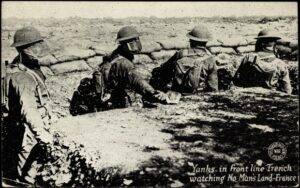
Beards were endorsed During the Crimean War
The British Army’s current policy mandates that soldiers can grow beards only with a commanding officer’s permission, typically granted for religious or medical reasons. However, the Army Board’s executive committee is set to discuss ending this ban, recognizing the potential impact on recruitment in a challenging job market. The army is revisiting this policy, since it is considered to deter potential recruits. The Royal Navy has allowed full beards and mustaches for some time, and the RAF permitted beards from 2019, with certain restrictions on length and style.
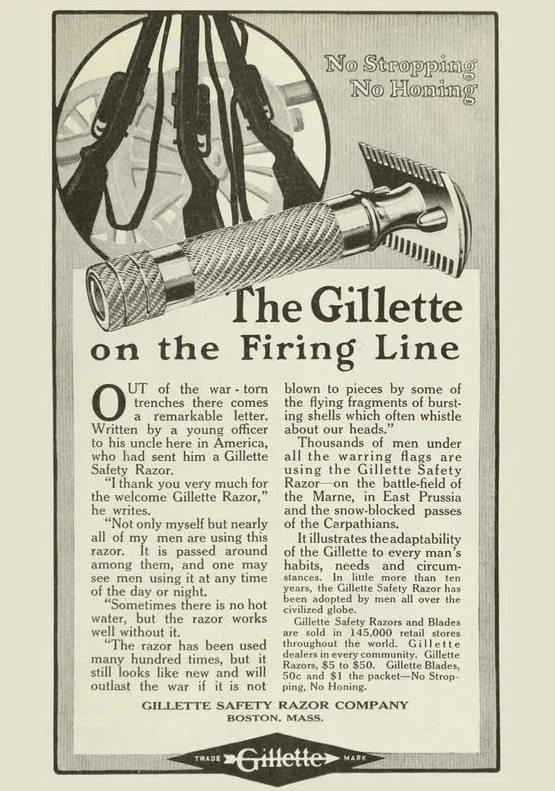
Historically, beards have not always been frowned upon in the British military. During the Crimean War in the mid-1850s, beards were encouraged due to extreme cold weather and logistical challenges in supplying shaving soap. This period marked the beginning of the Victorian beard craze, associating full beards with martial virtues. The army even required soldiers to grow mustaches until 1916, with artificial ones provided to those who couldn’t grow their own. However, concerns about gas mask fit and changing fashion trends led to the reversal of these regulations. With the U.S. Army in WW1, shaving for gas masks was mandatory.
Hair Neutrality In Finland
Parallel to the UK, Finland’s Defence Forces are also prepared to allow beards and mustaches for men, aiming for consistency with regulations for women. The current rules require men to be clean-shaven, contrasting with the flexibility allowed for women’s hair length. The proposed change, expected to be implemented in 2024, is viewed as a positive step towards gender equality and service motivation. It also reflects an understanding that personal appearance does not impede military duties, resonating with the practices in other NATO countries.
Other Nordics Are More Relaxed
This shift in the British and Finnish armies is influenced by practices in other Nordic countries like Sweden, Norway, and Denmark, where defence forces generally permit neatly groomed beards. Globally, the approach to facial hair in the military varies. While some countries maintain strict grooming standards (like the United States and Russia), others, including Israel, India, and Canada, allow beards under certain conditions, often related to religious or cultural practices.
More Individual Expression
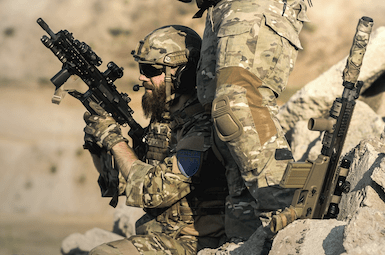
The reconsideration of beard policies in the British and Finnish armies signifies a growing recognition of the importance of individual expression and modern societal norms in military service. While traditionalists may view this change with skepticism, citing concerns about uniformity and discipline, the evolving standards reflect a broader understanding of diversity and inclusion in the armed forces. This move could not only enhance recruitment but also resonate with contemporary values, balancing military traditions with the changing times.
The decision on the British Army’s beard policy is expected soon, with potential implications for how modern armed forces balance tradition with evolving societal norms. Taking a cue from the Brits, it seems that Finland, the land of Santa Claus, might soon see its soldiers sporting beards.
Read more:
- The Daily Telegraph: Army may cut 100-year-old ban on beards
- ltalehti: Puolustusvoimat sallimassa parran ja viikset miehille (In Finnish > The Finnish Defense Forces to allow beards and mustaches for men)
- The Economist: The British army mulls allowing beards


